Navigating the Intersection of Faith and Therapy: A Pastoral Perspective
In a world where the search for healing and understanding often leads individuals to the offices of secular therapists, questions inevitably arise within the context of faith communities. Ed Welch, in his insightful article, confronts the pastoral dilemma of addressing church members seeking guidance from secular therapists. Through a nuanced exploration of historical contexts and contemporary realities, Welch offers invaluable insights into navigating the delicate balance between faith and therapy. Let’s embark on a journey through his reflections to discern a wise approach to this pastoral challenge.
Understanding the Evolution of Therapy:
Welch initiates the discussion by tracing the origins of modern psychotherapy, rooted in the pioneering works of Sigmund Freud and Carl Jung. These early therapists presented alternative frameworks to traditional Christian beliefs, setting the stage for the emergence of a secular priesthood. Against the backdrop of a changing cultural landscape and evolving church dynamics, secular therapies gained traction, offering solace to a secular community estranged from traditional faith structures.
Challenges and Complexities of Pastoral Care:
As secular therapy permeated society, congregants increasingly turned to secular therapists for guidance, prompting pastors to grapple with ethical and theological considerations. Welch highlights the inherent tension between secular therapeutic models and Christian worldview, emphasizing the risk of clients adopting secular ideologies under the influence of their therapists. Amidst the complexity of vetting counselors and addressing congregants’ existing therapeutic relationships, pastors face a multifaceted pastoral dilemma.
A Holistic Approach to Pastoral Care:
Despite the challenges posed by secular therapies, Welch advocates for a holistic approach to pastoral care that embraces both theological fidelity and compassionate engagement. He underscores the importance of familiarizing oneself with competent Christian counselors while also offering support to congregants navigating secular therapy. By integrating prayer, Scripture, and communal support, pastors can guide individuals towards a deeper understanding of God’s redemptive work amidst their struggles.
Embracing the Mission of Restoration:
In the midst of secular influences, Welch reminds us of our collective mission as Christians to reclaim every aspect of life under the sovereignty of Christ. He encourages pastors and congregants alike to critically engage with secular narratives while anchoring themselves in the transformative power of Scripture. Through attentive listening and faithful stewardship of God’s Word, the church can serve as a beacon of hope and restoration in a world plagued by brokenness.
Conclusion:
As we navigate the complex intersection of faith and therapy, Welch’s reflections serve as a guiding light for pastors and congregants seeking wisdom in pastoral care. By upholding theological integrity, fostering compassionate engagement, and embracing the redemptive mission of Christ, we can navigate the challenges posed by secular therapies with grace and discernment. Let us heed Welch’s call to integrate prayerful reflection and Scriptural wisdom into our pastoral response, as we journey together towards healing and restoration in Christ.
Read the Full Article Here: When Church Members Are in Secular Therapy by Ed Welch







